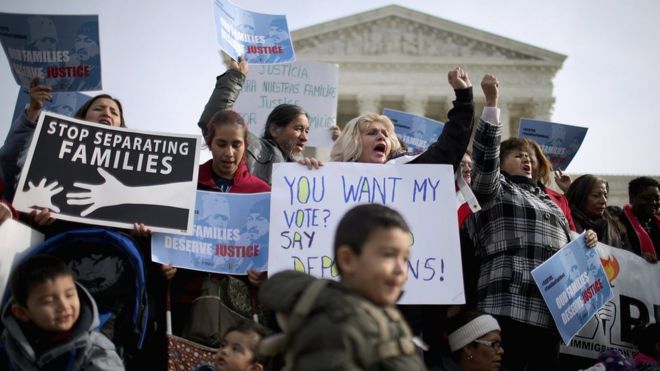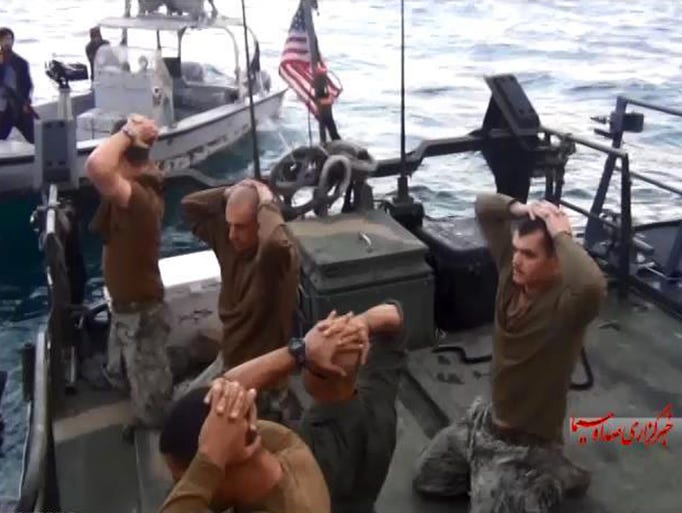By Samuel Miller
Impunity Watch Reporter, North America and Oceania
WASHINGTON, D.C., United States of America — For over 35 years, director of Human Rights Enforcement Strategy and Policy Eli Rosenbaum has dedicated his career to prosecuting former Nazis. The human rights office got its start after congressional and public pressure prompted the Justice Department to try to track down former Nazis who had moved to the United States.
Rosenbaum has become the Justice Department’s best-known ‘Nazi Hunter’, assisting the Justice Department pursue 137 cases against suspected Nazis, of which 107 were successful in stripping citizenship or deporting these individuals.
After 35 years of service, Mr. Rosenbaum finds himself with just one active case: Jakiw Palij. Even more peculiar is that the 92 year-old suspected former guard at a Nazi concentration camp will most likely die in the United States, without answering for his alleged crimes against humanity.
Perhaps the most frustrating element for lawyers and researchers such as Rosenbaum working on the cases similar to the case of Jakiw Palij is that under U.S. law, the most that the court allows them to do is to deport former Nazis. Trying them for the actual crimes against humanity is something that has been left for authorities in other countries.
A federal judge ordered Palij deported in 2004, but none of three European countries to which he could be sent would take him. In court filings, Palij denied wrongdoing, claiming that he and other young men in his Polish hometown were coerced into working for the Nazi occupiers.
In the case of Palij, Rosenbaum said to CNN: “What Mr. Palij did prevented other people from reaching old age. He served at the Trawniki SS training and base camp — really a school for mass murder — and he trained on live Jews at the adjacent Trawniki Jewish Labor Camp. And, in the end, everyone who was held there was massacred.”
The atrocities of the Trawniki camp, where Palij worked, aren’t well known in part because the killing was thorough, and kept off official documents. The Trawniki training camp was dismantled in July 1944, due to the advances of the Soviet Red Army.
Though it remains unlikely that Mr. Palij will be deported from the United States, Mr. Rosenbaum remains undeterred to see justice served to those responsible for such a tragic and unforgettable act, stating he believes that he owes it to the victims of the Holocaust to bring every person responsible to justice.
For more information, please see:
CNN — U.S. Nazi hunter has one active case — 27 January 2016



